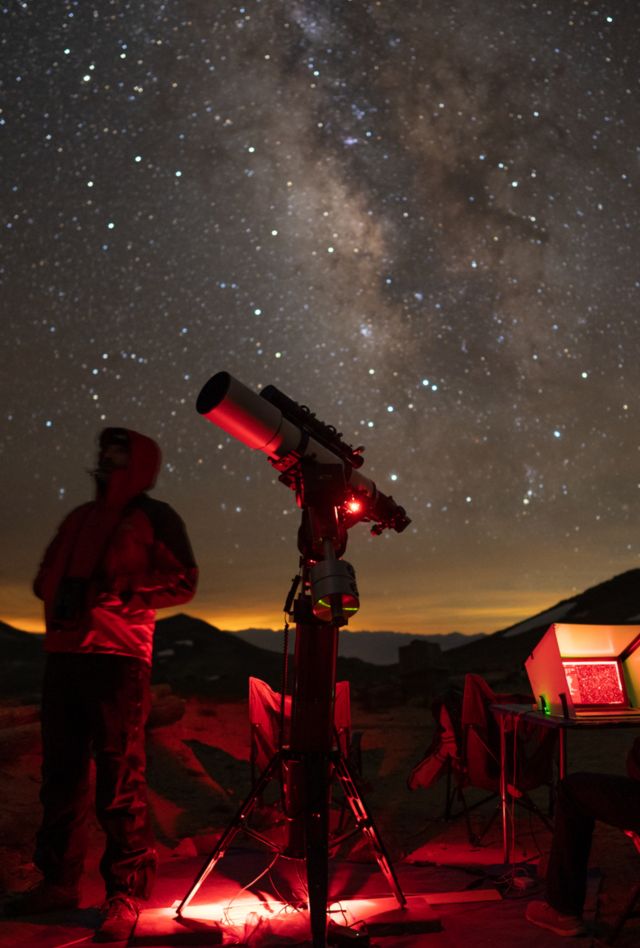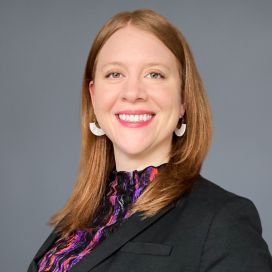Cosmic Explorer

Problem
Successful astrophysics observatories require safe spaces for scientists and mutually beneficial relationships with host communities.
The University of Arizona wanted to conduct site suitability and location analysis for the Cosmic Explorer project. The site selection and development of two ground-based gravitational-wave observatories depends on establishing mutually beneficial relationships with local communities and in locations that can support and sustain a thriving workforce. The site suitability analysis incorporates physical, cultural, and economic factors to create custom maps and geospatial output.
Solution
NORC is creating a ‘Social Landscape Index’ and conducting small-area estimation to inform site suitability.
To conduct the Social Landscape Index (SLI), NORC identified relevant index domains and indicators. NORC subject matter experts identified publicly available national data sets with social variables related to the SLI domains.
Using the identified datasets, NORC will use ArcGIS to create a thematic map of the SLI and a multivariate thematic map highlighting an informative interrelationship between two or more index indicators. NORC will also use data from the American Community Survey (ACS) and NORC’s General Social Survey (GSS).
Result
The SLI and GIS layer will provide insights into domains relevant to the Cosmic Explorer site selection.
The SLI and ArcGIS thematic map will inform the Cosmic Explorer site suitability analysis. The SLI and ArcGIS thematic maps are intended to assess the social climate and its suitability for workforce sustainability, creativity, and scientific innovation. Using small-area estimation is a novel application of the GSS, which is designed primarily to produce national estimates of attitudes rather than local estimates.
Related Tags
Project Leads
-
James Iveniuk
Senior Research ScientistProject Director -
Carolina Franco
Principal StatisticianTask Lead -
Lee Fiorio
Senior Research MethodologistSenior Staff -
Michelle Johns
Senior Research ScientistSenior Staff










